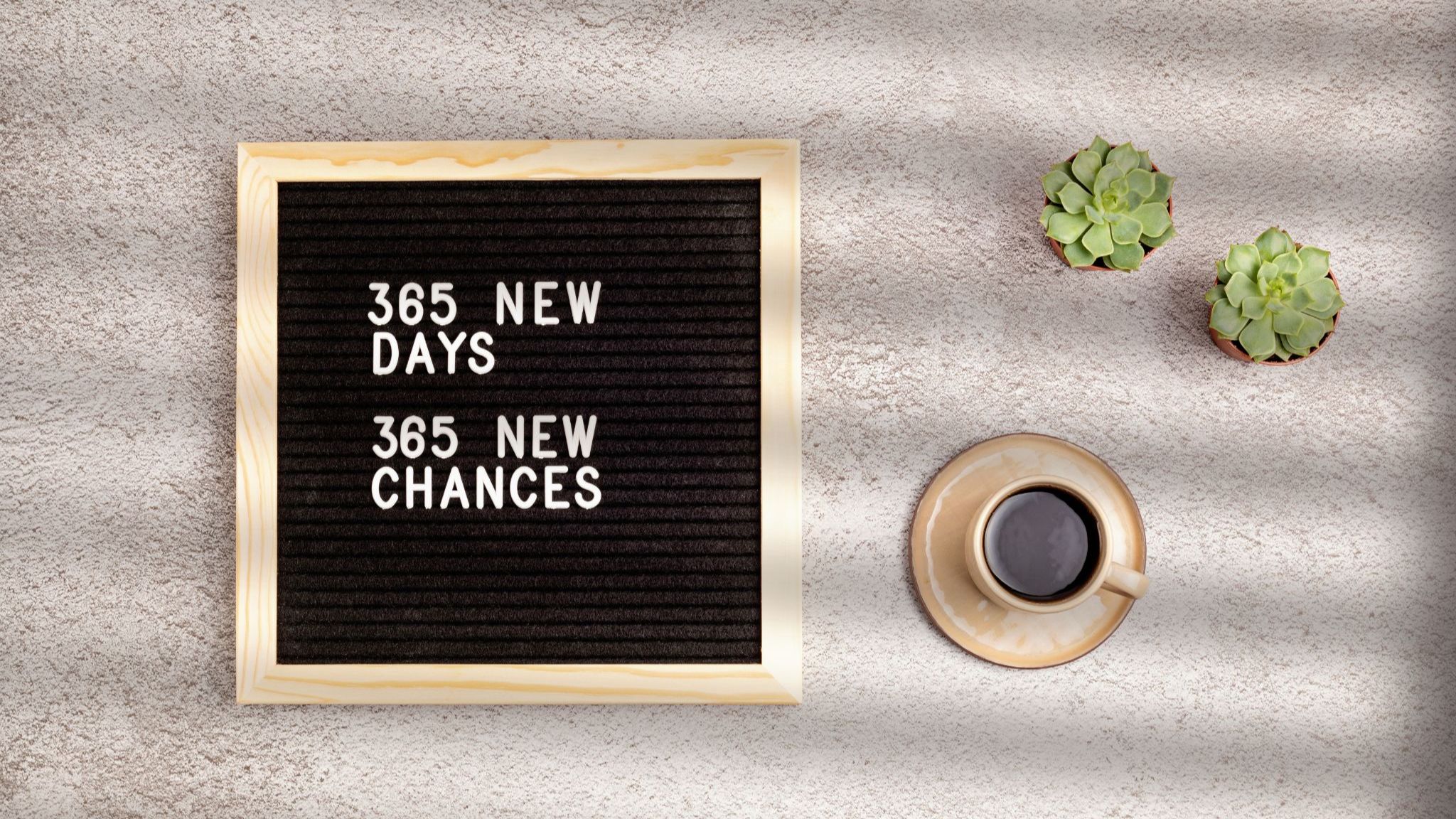Using birthday candles to ignite new habits

Our EsquireWell community continues to grow, and I'm so happy you are here!
I love birthdays. There’s something so fresh and new about a new year - whether it’s January 1 or (in my case) July 16. I like to treat each of these milestones as a time to make a fresh start, reflect, reset, and set new goals.
That being said, I don’t think we have to wait for January 1 or a birthday or any other milestone point in the year. You can set new goals or decide to develop new habits at any point in the year. It could be the beginning of a new month, the beginning of a new week, or even simply the beginning of a new day.
Last week, I traveled to Chicago to present for a client, and I got the chance to teach about goal achievement and habit formation. So this topic has been on my mind, and it’s well-timed for the birthday “resetting” I’m doing. Since you can kickstart a new habit any time, I wanted to share this with you as well.
So let’s talk about habits - because we will never achieve our goals without developing new, healthy, productive habits to make those goals a reality.
The first major concept to understand about habit formation are “habit loops”.

There are three steps to the “habit loop”. Think of it like how you would train a new puppy:
#1: Cue (you say “sit” to your dog)
For you, this is what tells your human brain to go into automatic mode and which habit to use. This is the domino that kicks off the routine and reward. This is the trigger.
#2: Routine (dog sits)
For you, some sort of action is taken - physical, mental, or emotional.
#3: Reward (dog gets treat)
For you, this is what helps your brain know that the action was worth being repeated. Your brain got a little hit of the pleasure hormone dopamine, or your brain managed to achieve at least one part of the motivational triad - conserving energy, avoiding pain, or increasing pleasure. The reward helps your brain say “Ah, this is a behavior I want to repeat in the future.”
So think of every day as an opportunity to reset your goals, to make a plan to build a new habit that will take you toward an outcome you desire.
So (1) pick your goal, (2) choose to start, (3) build habits that will, over time, make your goal a reality. (For a deeper understanding, here’s a great explanation of cues and a TedTalk on habit formation.)
Next week we will talk about identity-based habits, another key part of goal achievement.
Until then, think about your cues, your routines/actions, and the rewards that you can use to build a staircase to experiencing the personal and professional success you want.

